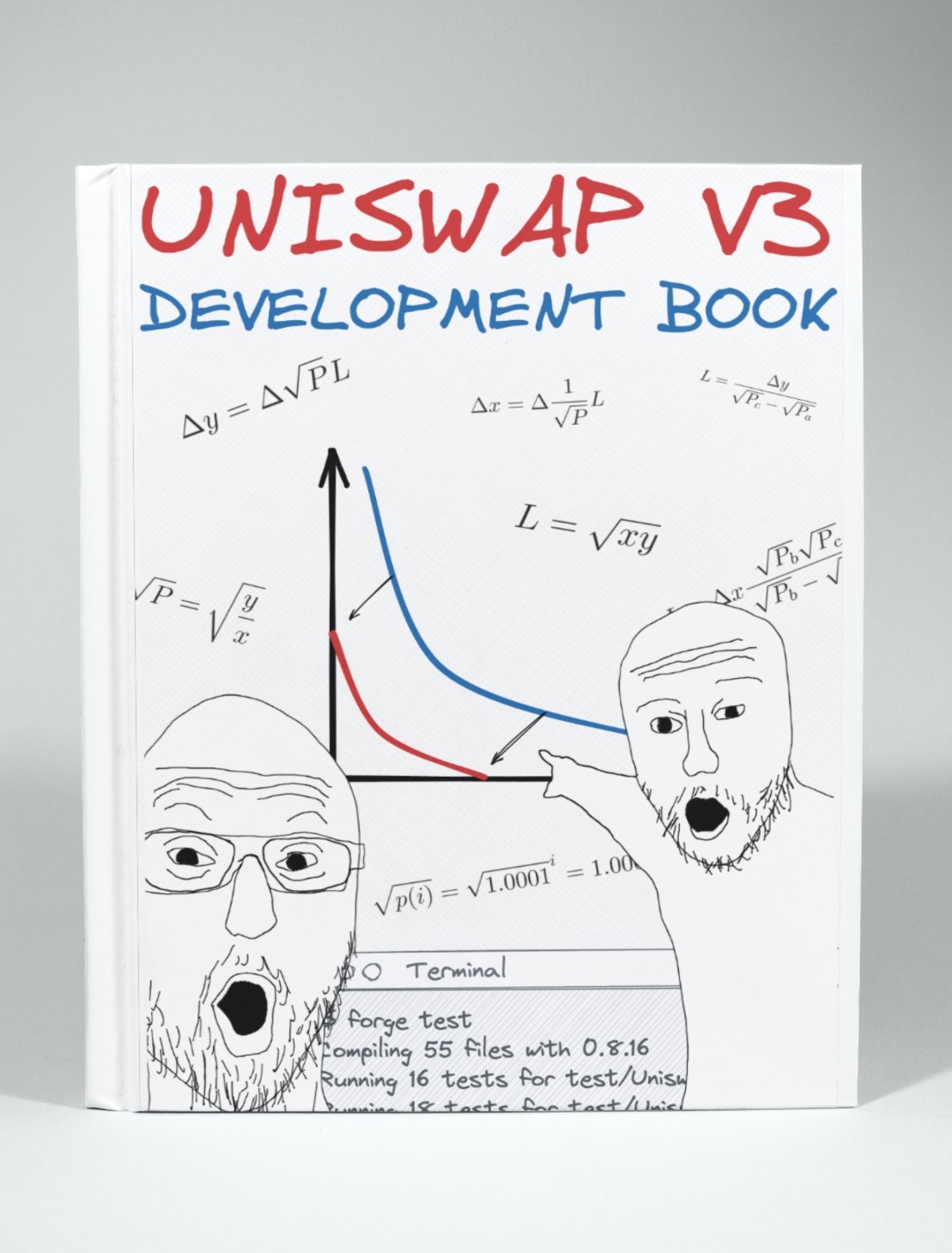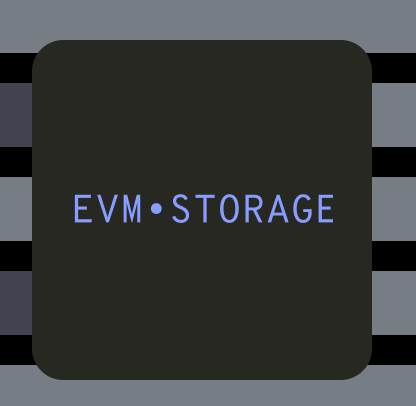Block: 89
Timestamp: 01:21:42

AuditProfile
Security blog
Solady's LibClone library won't work on a ZKSynk chain
Take a look at the next code snippent and tell me why this function fails to execute on ZKSynk. You might get a hint in the title of the post, but do you know exactly why this happens?
function createAccount(bytes calldata initData, bytes32 salt) external payable override returns (address payable) {
// Compute the actual salt for deterministic deployment
bytes32 actualSalt;
assembly {
let ptr := mload(0x40)
let calldataLength := sub(calldatasize(), 0x04)
mstore(0x40, add(ptr, calldataLength))
calldatacopy(ptr, 0x04, calldataLength)
actualSalt := keccak256(ptr, calldataLength)
}
// Deploy the account using the deterministic address
(bool alreadyDeployed, address account) = LibClone.createDeterministicERC1967(msg.value, ACCOUNT_IMPLEMENTATION, actualSalt);
if (!alreadyDeployed) {
INexus(account).initializeAccount(initData);
emit AccountCreated(account, initData, salt);
}
return payable(account);
}The contract factories use Solady's LibClone library, which will not work correctly on the ZKsync chain. This is because, for the create/create2 opcodes to function correctly on the ZKsync chain, the compiler must be aware of the bytecode of the deployed contract in advance.
Quoting from ZKsync docs:
On ZKsync Era, contract deployment is performed using the hash of the bytecode, and the factoryDeps field of EIP712 transactions contains the bytecode. The actual deployment occurs by providing the contract's hash to the ContractDeployer system contract.
To guarantee that create/create2 functions operate correctly, the compiler must be aware of the bytecode of the deployed contract in advance. The compiler interprets the calldata arguments as incomplete input for ContractDeployer, as the remaining part is filled in by the compiler internally. The Yul datasize and dataoffset instructions have been adjusted to return the constant size and bytecode hash rather than the bytecode itself.
Protocol contracts use the LibClone.createDeterministicERC1967() method to create clones. Now, let's look at it:
function createDeterministicERC1967(uint256 value, address implementation, bytes32 salt)
internal
returns (bool alreadyDeployed, address instance)
{
/// @solidity memory-safe-assembly
assembly {
let m := mload(0x40) // Cache the free memory pointer.
mstore(0x60, 0xcc3735a920a3ca505d382bbc545af43d6000803e6038573d6000fd5b3d6000f3)
mstore(0x40, 0x5155f3363d3d373d3d363d7f360894a13ba1a3210667c828492db98dca3e2076)
mstore(0x20, 0x6009)
mstore(0x1e, implementation)
mstore(0x0a, 0x603d3d8160223d3973)
// Compute and store the bytecode hash.
mstore(add(m, 0x35), keccak256(0x21, 0x5f))
mstore(m, shl(88, address()))
mstore8(m, 0xff) // Write the prefix.
mstore(add(m, 0x15), salt)
instance := keccak256(m, 0x55)
for {} 1 {} {
if iszero(extcodesize(instance)) {
@=> instance := create2(value, 0x21, 0x5f, salt)
if iszero(instance) {
mstore(0x00, 0x30116425) // `DeploymentFailed()`.
revert(0x1c, 0x04)
}
break
}
alreadyDeployed := 1
if iszero(value) { break }
if iszero(call(gas(), instance, value, codesize(), 0x00, codesize(), 0x00)) {
mstore(0x00, 0xb12d13eb) // `ETHTransferFailed()`.
revert(0x1c, 0x04)
}
break
}
mstore(0x40, m) // Restore the free memory pointer.
mstore(0x60, 0) // Restore the zero slot.
}
}As you can see, the compiler will not be aware of the bytecode at compile time since the bytecode is stored in memory only on runtime in this function. The ZKsync docs recommend against this practice.
Since the compiler is unaware of the bytecode beforehand, this will lead to unexpected results on the ZKsync chain.
Read the full report here:
#zksynk
#solady
#create2
Study for free

Cyfrin Updraft
Completely free courses

RareSkills Tutorials
Learn more about the blockchain world

Smart Contract Programmer
Free education videos
Awesome Books

Uniswap V2 Book
by RareSkills

Uniswap V3 Book
by Jeiwan

Compound Book
by RareSkills

ZK Book
by RareSkills

Ethereum Book
by Andreas M. Antonopoulos, Gavin Wood

Beigepaper
by Micah Dameron
Useful tools

EVM diff
Compare execution layer differences between chains

EVM storage
Dive deep into the storage of any contract

